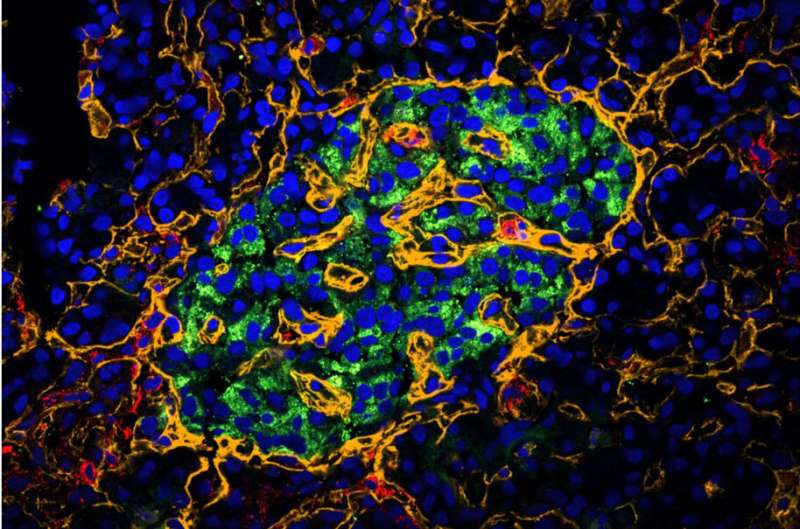The findings, published in Cell Reports, reveal how vascular-associated fibroblastic cells (VAFs) act as molecular peacekeepers in the pancreas—actively protecting insulin-producing cells from the immune system.
This discovery helps explain several puzzling features of type 1 diabetes, including why the disease often has such a long preclinical phase—the symptom-free, early stage of the disease where the immune system is beginning to destroy insulin-producing cells, but blood sugar levels are still normal—and suggests that early intervention could be feasible in the future.

